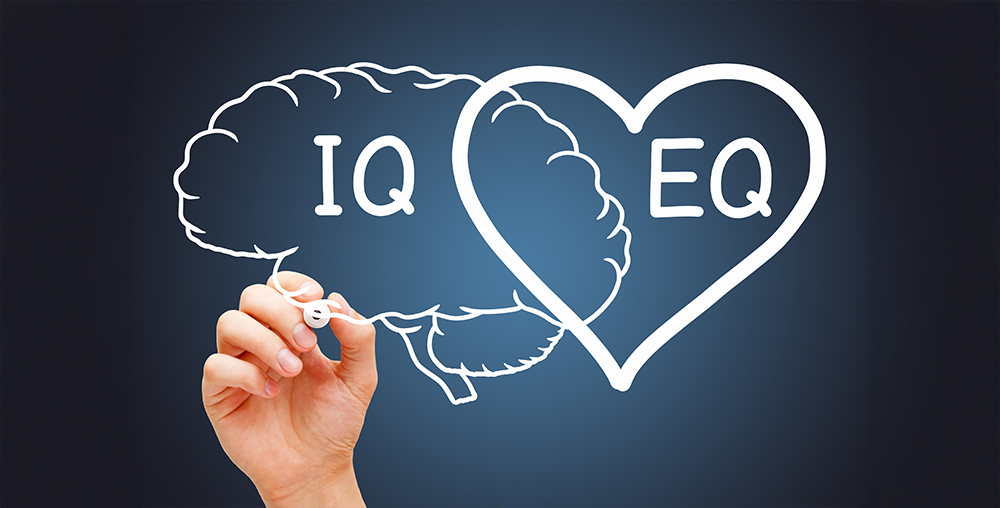
Leadership challenges aren’t limited to the inexperienced. Even the most capable, intelligent leaders—those with deep technical knowledge, years of experience, and strategic vision—still find themselves stuck.
They struggle to motivate teams, navigate uncertainty, manage conflict, or adapt quickly when things don’t go as planned. And they’re left wondering:
“Why am I doing everything right, but still not getting the results I want?”
It turns out the answer often has nothing to do with how much you know.
It has everything to do with how you lead under pressure—and the hidden skill that makes the biggest difference: emotional intelligence.
The Problem Isn’t IQ—It’s EQ
Many business leaders are promoted because of their technical abilities, problem-solving skills, or deep industry knowledge. But these strengths don’t always translate into leadership success—especially when leading teams, influencing stakeholders, or navigating disruption.
Here’s why:
IQ and technical skills may open the door to leadership, but they aren’t enough to sustain it. What separates struggling leaders from successful ones is their ability to understand and manage their emotions, connect with others, and respond with intention rather than reaction. That’s emotional intelligence—or EQ.
What Does Emotional Intelligence Actually Look Like at Work?
Let’s take two equally smart leaders.
- Leader A has the credentials, the experience, and the answers—but frequently reacts defensively in meetings, avoids hard conversations, and struggles to build trust with their team.
- Leader B has the same knowledge base, but listens actively, manages conflict constructively, and keeps their composure in high-stakes moments.
Which one is likely to drive better performance, retention, and culture?
Emotional intelligence isn’t about being “soft.” It’s about being self-aware, adaptable, and intentional—especially when pressure is high and relationships are complex.
Common Signs You May Be Missing This Critical Skillset
If you’re wondering whether emotional intelligence could be what’s missing from your leadership toolbox, consider these common signs:
- You feel like your team isn’t engaged, despite clear direction
- Stressful situations often derail your focus or decision-making
- Conflicts linger or escalate instead of being resolved productively
- You avoid giving or receiving feedback because it “never goes well”
- You’re exhausted by the emotional demands of leading people
These aren’t failures—they’re signals. The good news is emotional intelligence is a skill. It can be learned, practiced, and improved.
The Age of AI Still Requires the Human Element
While artificial intelligence (AI) and automation are transforming how we work, the demand for human-centered leadership is only increasing.
AI can crunch numbers, analyze data, and automate workflows—but it can’t:
- Build trust
- Navigate interpersonal dynamics
- Make ethical decisions in ambiguous situations
- Coach and develop others
That’s the leader’s job. Emotional intelligence is what equips you to do it well—today, and in the future.
Recognize the Power of Emotional Intelligence
If you’re a smart, capable leader who’s feeling stuck, you’re not failing. But you might be overlooking the one leadership skill that drives all the others.
If you’re starting to realize emotional intelligence might be the missing link in your leadership approach, you’re not alone.
CPED works with leaders and organizations who are navigating the same challenges—working to lead through change, connect with teams, and make decisions under pressure.
Many of our leadership development programs explore emotional intelligence as a foundational skill. And for teams or organizations looking for something more targeted, we also offer custom programs that go deeper into developing emotional intelligence skills.
Want to explore what might work for you or your team?